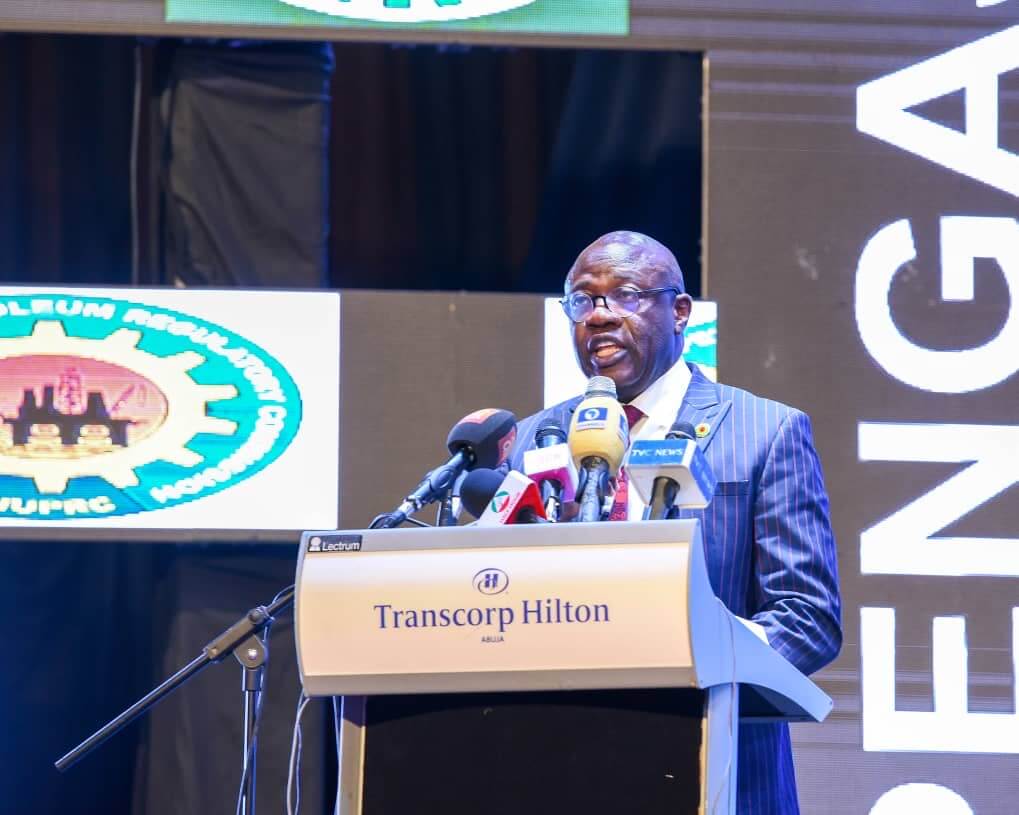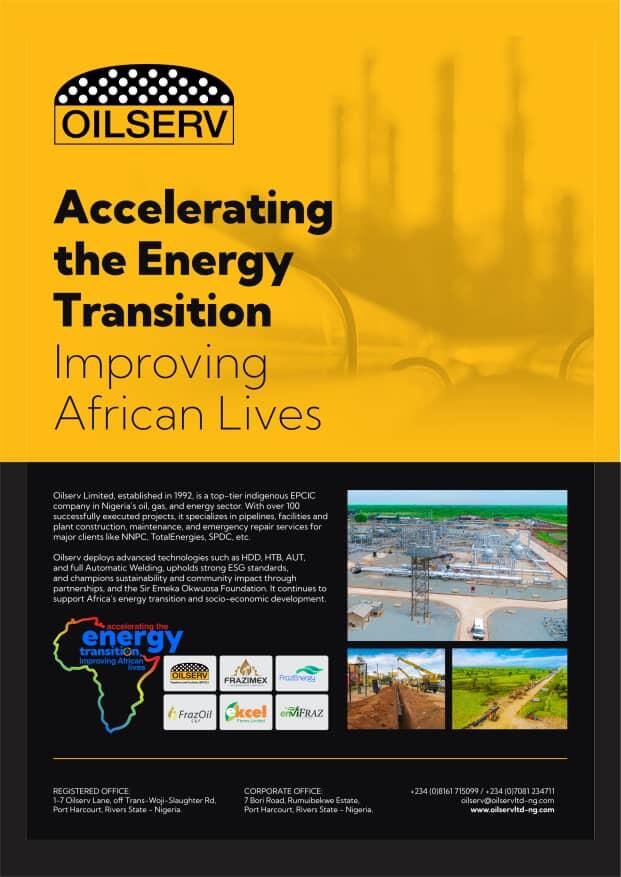The third edition of the PENGASSAN Annual Energy and Labour Summit 2024 has commenced in Abuja. The summit is an avenue for industry leaders, government officials and stakeholders to discuss the future of Nigeria’s oil and gas sector.
Under the theme “The Future of Nigeria’s Oil and Gas Industry: Energy Mix, Energy Security, Artificial Intelligence, Divestment and Crude Oil Theft,” the summit seeks to facilitate dialogue and collaboration among stakeholders in Nigeria’s oil and gas industry.
Engr. Gbenga Komolafe, the Commission Chief Executive (CCE) of the Nigerian Upstream Petroleum Regulatory Commission (NUPRC), represented by the Executive Commissioner for Development and Production, Mr. Enorense Amadasu, emphasised the significance of the gathering in addressing the complex challenges facing Nigeria’s energy sector. He underscored the significance of the summit’s theme, particularly in the context of Nigeria’s evolving energy landscape.

The focus of the CCE’s address to the summit was on the divestment of International Oil Companies (IOCs) from Nigeria’s upstream oil and gas sector – a subject that has sparked considerable debate within the industry, as well as the critical role of the energy sector in driving socio-economic development and the imperative for a forward-thinking approach that embraces innovation, collaboration and adaptability in the face of fluctuating oil prices, geopolitics and decarbonisation.
“As we convene here amidst unprecedented challenges and transformative opportunities, we must recognise the pivotal role that the energy sector plays in driving socio-economic development and prosperity,” said Engr. Komolafe.
According to him, fluctuating oil prices, geopolitics and the imperative for decarbonisation are factors that require a strategic and proactive approach. He further stressed the importance of harnessing technology, diversifying energy sources, and cultivating partnerships that transcend borders and ideologies.
While addressing the state of the industry, the NUPRC Chief discussed the implications of IOCs’ divestment from Nigeria’s petroleum upstream sector. He noted that over the past decade, there has been a marked shift in the Nigerian oil and gas landscape, driven by global energy transition goals, financial prudence and regulatory changes. These divestments, he said, have raised critical questions about the future of the industry.

Speaking on the NUPRC’s mandate, he stressed that the Commission is creating a regulatory environment that promotes investment, fosters innovation and ensures the responsible stewardship of Nigeria’s natural resources. A comprehensive divestment framework has been implemented to guide asset divestment in the upstream petroleum sector, focusing on technical capacity, financial strength, legal considerations, and more.
Regarding the workforce in this transition era, he assured that the Commission is committed to safeguarding jobs and ensuring the transfer of skills from IOCs to indigenous companies.




















